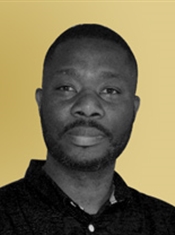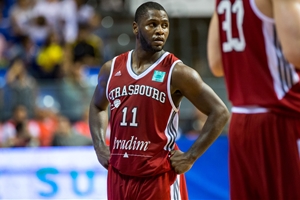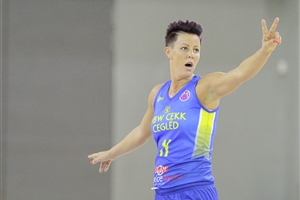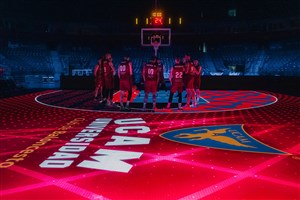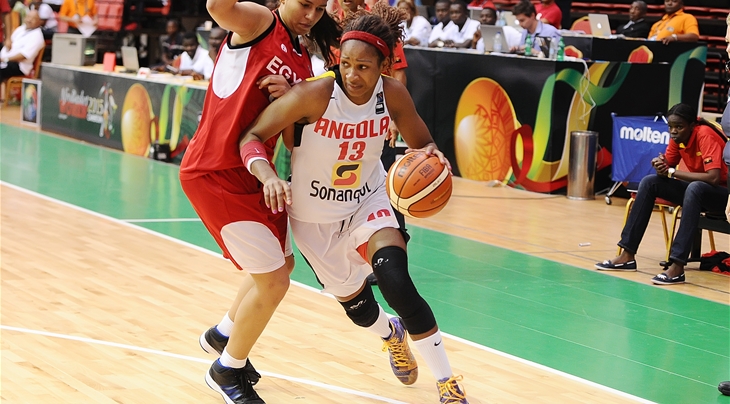
What next for Angola women’s basketball as Mauricio calls it a day
SHEFFIELD (Julio Chitunda's African Message) - Nacissela Mauricio, widely considered one of the best players in Angola women's basketball over the past two decades, retired last week.
The 36-year-old, a key member of two-time African champions Angola, didn't get the fairy tale finish she hoped for at club level as Primeiro D'Agosto suffered a 59-52 defeat to arch-rivals Inter Clube de Luanda in the Super Cup last Thursday.
"If Angola invested more in women's basketball than it does in beauty contests our basketball future would be fantastic. If I could I would have encouraged basketball to be introduced in primary schools' programmes." - Mauricio
But despite the disappointing end, "Naci" as she is known in Angolan basketball circles, feels she has accomplished a lot more in her two-decade basketball playing career than she anticipated when she first fell in love with basketball 26 years ago.
With Mauricio playing at her very best, Angola came out of nowhere to beat FIBA AfroBasket Women 2011 hosts Mali in the Final, which saw the Southern Africans not only claim their first continental title but also book a place at the London Olympics.
Two years later, Mauricio's Angola travelled to Maputo, Mozambique, to successfully defend their continental title against the host nation.
In the process, she was named MVP of the African continent's biggest women's tournament twice in a row (2011 and 2013).
Despite this run of success, Mauricio has experienced high and low moments while wearing her country's red-white-yellow jersey. Amid speculations of indiscipline, she was left out of the national team preliminary squad but later selected for the FIBA Women's World Championship for Women in 2014.
As reigning champs, Angola suffered a shock defeat to Egypt at AfroBasket Women 2015, but Mauricio refused to back down. At the time, she admitted to FIBA.com that Angola had been beaten but not broken. However, as the tournament moved on, questions arose about Angola's consistency, especially when they were outscored 20-0 in the final quarter of the 3rd-Place Game against Nigeria.
Was it fatigue? Was it lack of motivation? No, Nigeria were better, and that defeat raised alarm bells back in Luanda.
As Angola came in fourth, and with some players of Mauricio's generation - like Catarina Camufal - suffering recurring injuries and under-performing, fans started to ask "What next for Angola's women basketball?"
Over the past few days, since her retirement, I asked Mauricio that very question. And although she remains confident, she couldn't hide her disappointment with the way Angolan women's basketball is currently being run.
While women's basketball is attractive and on the receiving end of impressive investment - some players earn unparalleled salaries for a small basketball market - in the capital Luanda, the same cannot be said about the rest of the country, where the quality and incentive for the basketball game remains as underdeveloped as many countries in Africa.
"It's fascinating when I travel to other cities and find young girls wanting to become the new Nacissela, Sonia Guadalupe or Nadir [Manuel]. They love the game of basketball, but they lack incentive," Mauricio told me.
"If Angola invested more in women's basketball than it does in beauty contests, our basketball future would be fantastic. If I could I would have encouraged basketball to be introduced in primary schools' programmes."
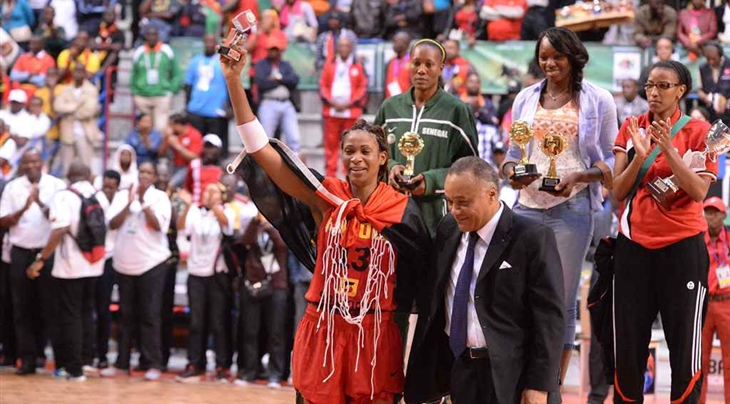
Mauricio was named FIBA AfroBasket Women 2013 MVP
With all that being said by one of the most decorated players, it means Angola women's basketball need to reinvent itself.
I then asked Mauricio to share her highest moment with her national team.
"Winning the African championship in Bamako against Mali was surreal," she recalled. "Almost everyone ruled us out, but we always believed in ourselves even though we’d lost to Senegal early in the competition.
"Playing in the Olympics and sharing the same space with world-class athletes was beyond belief."
As for the most bitter defeat in her entire career, the 1.82m forward thought back on the 70-60 Semi-Final loss to Mali at AfroBasket Women 2009.
"We were up by eight with a few minutes to play and all of sudden we lost the game. That was tough. But it taught us a lesson to win the following two African championships," she said.
Mauricio, who served as a Goodwill Ambassador for Angola to the United Nations' Joint Programme on HIV/AIDS (UNAIDS) from 2013 to 2014, is expected to continue her basketball career off the court, having accepted an offer to become the basketball coordinator at Primeiro D'Agosto.
Julio Chitunda
FIBA
FIBA's columnists write on a wide range of topics relating to basketball that are of interest to them. The opinions they express are their own and in no way reflect those of FIBA.
FIBA takes no responsibility and gives no guarantees, warranties or representations, implied or otherwise, for the content or accuracy of the content and opinion expressed in the above article.
